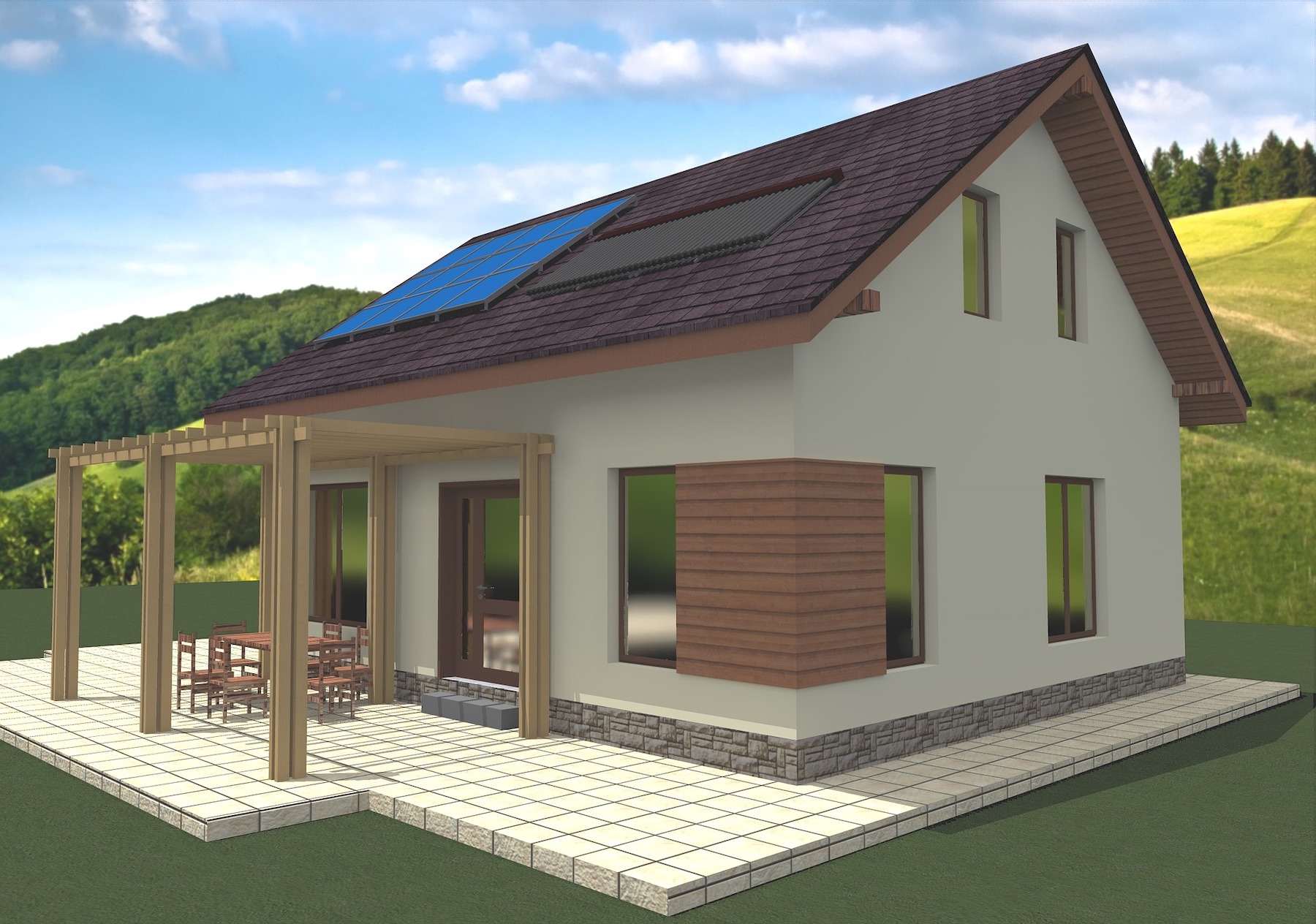The U.S. Department of Defense is constructing three barracks at the Camp Swift Training Center in Bastrop, Texas that will each be the largest 3D-printed structures in the Americas.
Each building will be larger than 5,700 sf and the project is expected to be completed within 10 months. Army brass say the 3D building technique saves labor costs, reduces planning time, and increases the speed of construction.
The buildings will be the first 3D-printed structures that comply with new DOD Unified Facilities Criteria for additive concrete construction. The Unified Facilities Criteria did not previously include specifications for 3D-printed concrete wall systems.
Until the new rules went into effect, companies that used 3D printing could not bid on DOD construction projects. The material used in the construction is ICON’s proprietary Lavacrete, which is a type of high-strength concrete with a compressive strength of 2,000 to 3,500 pounds per square inch, according to ICON. Lavacrete can withstand extreme weather and greatly reduce the impact of natural disasters, DOD says.
Related Stories
Multifamily Housing | May 16, 2023
Legislators aim to make office-to-housing conversions easier
Lawmakers around the country are looking for ways to spur conversions of office space to residential use.cSuch projects come with challenges such as inadequate plumbing, not enough exterior-facing windows, and footprints that don’t easily lend themselves to residential use. These conditions raise the cost for developers.
Regulations | May 8, 2023
Supreme Court case likely to have huge impact on Clean Water Act
A case before the Supreme Court will likely determine how the Clean Water Act is interpreted and the ruling could open up new areas for development within or adjacent to wetlands.
Office Buildings | May 1, 2023
Office building owners face potential legal liabilities when adding new workplace amenities
Many landlords in the war for tenants have turned to offering new amenities such as conference room services, fitness centers with nutritionists, and high-end food and beverage offerings. To provide new services, landlords often engage with third-party vendors, which can present thorny legal liability.
Codes and Standards | Apr 21, 2023
Federal court overturns first natural gas ban in the U.S.
A recent ruling by the Ninth U.S. Circuit Court of Appeals in San Francisco invalidating Berkeley, California’s ban on natural gas within new building construction puts similar measures adopted around the country in legal jeopardy.
Codes and Standards | Apr 21, 2023
Sixteen-year-old climate law not having intended impact on decarbonizing federal buildings
Sixteen years out from a 2007 law that aimed to end the use of fossil fuels in federal buildings, gas heat is still being installed within the federal sphere.
Multifamily Housing | Apr 21, 2023
Arlington County, Va., eliminates single-family-only zoning
Arlington County, a Washington, D.C., community that took shape in the 1950s, when single-family homes were the rule in suburbia, recently became one of the first locations on the East Coast to eliminate single-family-only zoning.
Urban Planning | Apr 17, 2023
The future of the 20-minute city
Gensler's Stacey Olson breaks down the pros and cons of the "20-minute city," from equity concerns to data-driven design.
Affordable Housing | Apr 7, 2023
Florida’s affordable housing law expected to fuel multifamily residential projects
Florida Gov. Ron DeSantis recently signed into law affordable housing legislation that includes $711 million for housing programs and tax breaks for developers. The new law will supersede local governments’ zoning, density, and height requirements.
Resiliency | Apr 4, 2023
New bill would limit housing sprawl in fire- and flood-prone areas of California
A new bill in the California Assembly would limit housing sprawl in fire- and flood-prone areas across the state. For the last several decades, new housing has spread to more remote areas of the Golden State.
Multifamily Housing | Mar 24, 2023
Washington state House passes bill banning single-family zoning
The Washington state House of Representatives recently passed a bill that would legalize duplexes or fourplexes in almost every neighborhood of every city in the state.

















